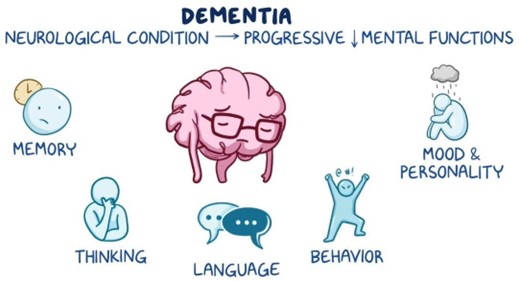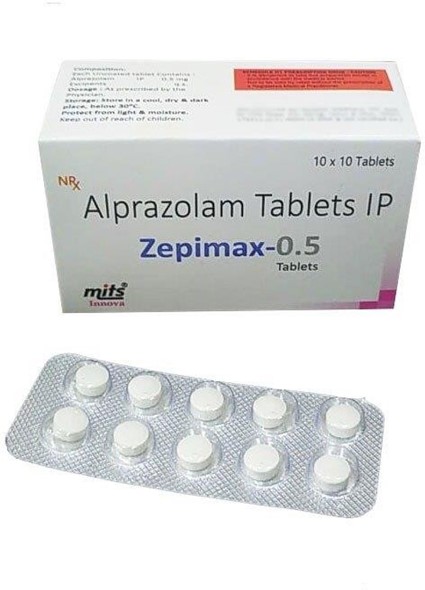A client is showing early signs of dementia. The client's spouse asks, "What may I expect next?" What is the nurse's best response?
"He may begin to try to cover recognition of his memory loss by creating events."
"He may have difficulty in a motor skill such as walking."
"The inability to communicate with speech comes immediately after the early signs."
"He may not recognize you and other people who have been in his life."
The Correct Answer is A
A. "He may begin to try to cover recognition of his memory loss by creating events." As
dementia progresses, individuals may experience confabulation, which involves creating false memories to compensate for memory loss. This is a common symptom seen in the middle stages of dementia.
B. "He may have difficulty in a motor skill such as walking." While motor skills may be affected in the later stages of dementia, it is not typically one of the early signs.
C. "The inability to communicate with speech comes immediately after the early signs." This statement is not accurate. Communication difficulties may occur in later stages, but it is not an immediate progression from early signs.
D. "He may not recognize you and other people who have been in his life." This symptom, known as agnosia, may occur in later stages of dementia, but it is not one of the early signs.

Nursing Test Bank
Naxlex Comprehensive Predictor Exams
Related Questions
Correct Answer is A
Explanation
A) Correct. Schizoaffective disorder is characterized by a combination of symptoms of schizophrenia (such as delusions and hallucinations) and mood disorders (such as depression or mania).
B) Incorrect. Waxy flexibility and catatonic excitement are more commonly associated with catatonic schizophrenia, not schizoaffective disorder.
C) Incorrect. Bizarre mannerisms and hostility may be seen in various psychiatric disorders but are not specific to schizoaffective disorder.
D) Incorrect. While agitation and ideas of reference can occur in schizoaffective disorder, they are not the defining features of this diagnosis.
Correct Answer is D
Explanation
A. This option is too vague and doesn't provide specific guidance about the detoxification process for alprazolam.
B. Frequency of usage is one factor, but it's not the only consideration in the detoxification process.
C. A planned reduction is necessary to safely taper off alprazolam and minimize withdrawal symptoms.
D. This option provides the best guidance, emphasizing the importance of a gradual and controlled tapering process for alprazolam.

Whether you are a student looking to ace your exams or a practicing nurse seeking to enhance your expertise , our nursing education contents will empower you with the confidence and competence to make a difference in the lives of patients and become a respected leader in the healthcare field.
Visit Naxlex, invest in your future and unlock endless possibilities with our unparalleled nursing education contents today
Report Wrong Answer on the Current Question
Do you disagree with the answer? If yes, what is your expected answer? Explain.
Kindly be descriptive with the issue you are facing.
